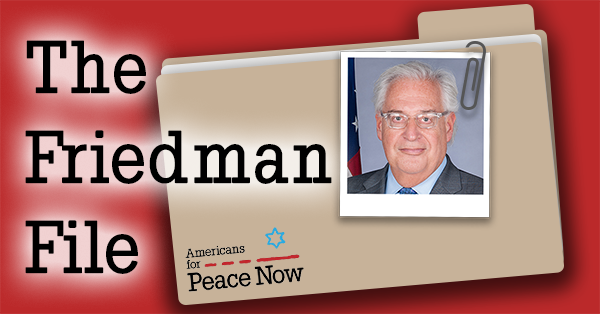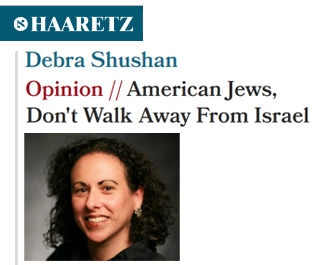One would think that after 2016 and 2020, I would be used to the word “election” being synonymous with “potentially terrifying historical turning point.”
I am no stranger to bracing myself for election outcomes. I stayed up past midnight in 2016, the bright blue of my phone blaring the damning results into my retinas at three in the morning. I stayed awake in November of 2020 at my parent’s kitchen table, my mother’s hand gripped in mine as the worst of our fears was, by the tiniest margin, abated.
And now I am bracing myself again. Not for an American election this time, though in many ways, it feels the
same; the way I grit my teeth before checking the news and the way I struggle not to feel nauseous at the reality
of the barely-there line between fascist and politician. It’s almost a relief that I’m not panicking this November
about the death of democracy in the country where I hold citizenship. But at the same time, it doesn’t soothe my
rancor to know that as a diaspora Jew, a country where I have found a second home may be about to reject every
social or political ideal that I hold dear and embrace a government that doesn’t see a problem with societal
inequity, with homophobic and religiously intolerant practices written into law, or with the violent displacement
of its citizens.
I am not alone in this seething anxiety that emerges every time I check the Israeli news. Most American Jews, myself included, are politically left of center. On November 1st, Israel will go to the polls. On November 2nd, an entire community of Americans who feel a deep sense of belonging in Israel may find themselves on the opposite side of a potentially irreparable divide between their own politics and Israel’s governing leaders.
 President Trump's controversial US Ambassador to Israel has demonstrated
that APN was right to oppose his confirmation and subsequently call for his firing.
President Trump's controversial US Ambassador to Israel has demonstrated
that APN was right to oppose his confirmation and subsequently call for his firing.


 Full article published in The Hill on January 28,
2019
Full article published in The Hill on January 28,
2019 Peace Now's director general Shaqued Morag today published an important article lambasting Prime
Minister Benjamin Netanyahu for his anti-peace policies. It should be noted that the article was published in
the pro-Netanyahu daily Israel Hayom.
Peace Now's director general Shaqued Morag today published an important article lambasting Prime
Minister Benjamin Netanyahu for his anti-peace policies. It should be noted that the article was published in
the pro-Netanyahu daily Israel Hayom.